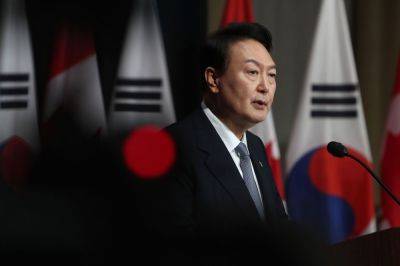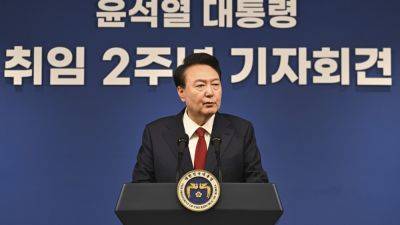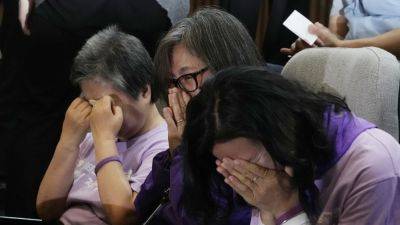South Korean president facing 3 lame duck years?
South Korea’s parliamentary election of April 10, 2024, was widely seen as a referendum on President Yoon Suk Yeol’s first two years in office.
That being the case, the nation collectively expressed its strong disapproval.
With a relatively high turnout of 67%, voters handed Yoon’s conservative People’s Power Party a defeat, with its share of the 300-seat National Assembly dropping from 114 to 108.
The opposition Democratic Party retained its large majority in the National Assembly, winning 175 seats and maintaining control in the populous metropolitan areas of Seoul, Incheon and Gyeonggi provinces. Voters also delivered a disappointing outcome for most third-party candidates, the exceptions being the Rebuilding Korea Party, which campaigned as more combative opposition to the DP, and the New Reform Party, which broke away from the ruling PPP earlier this year.
As a political scientist with a focus on East Asia and international affairs, I believe the election results will have ramifications for Yoon’s foreign and domestic agenda during the remainder of his term.
Growing domestic pressure
Yoon had hoped the election would end the political gridlock that has stymied his first two years as president.
Throughout that time, the opposition has held a legislative majority. Subsequently, Yoon’s government has seen key parts of its agenda for education, labor and pension reforms blocked. Yoon has also vetoed multiple bills passed by the opposition-controlled legislature.
But the election saw the DP and other opposition parties amass 192 seats, just short of a veto-proof, two-thirds majority. As such, President Yoon again faces a divided government for the remainder of his term. In fact, he will be the only South Korean president







